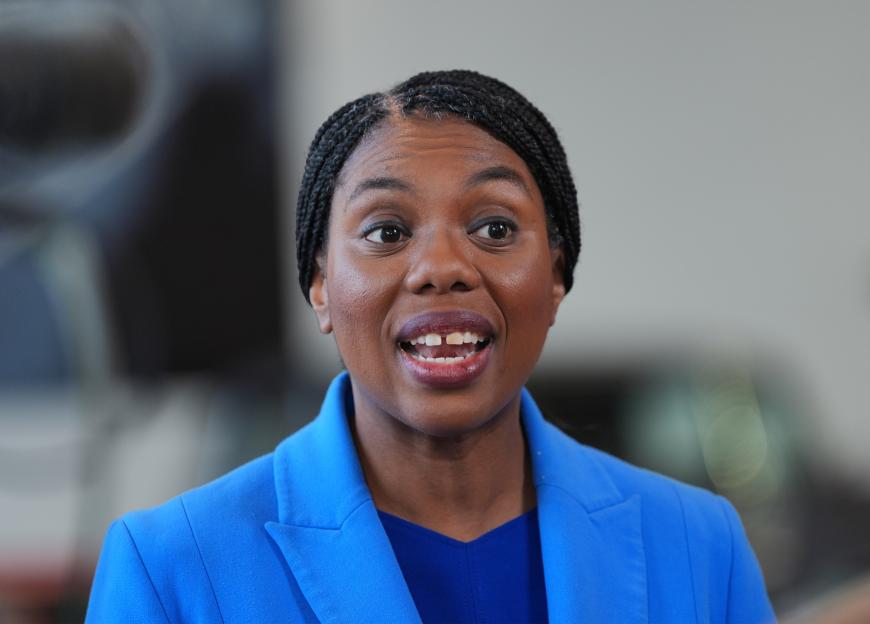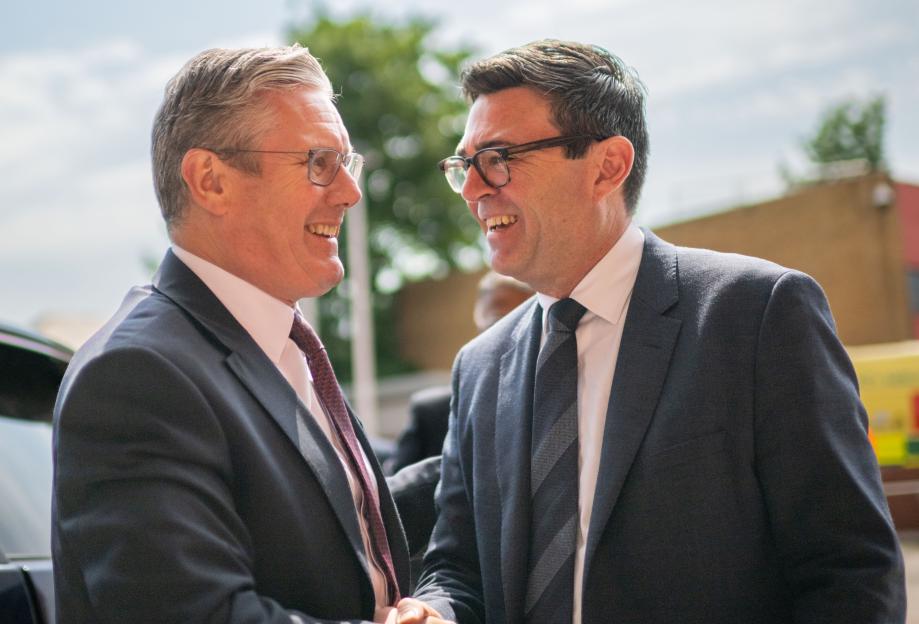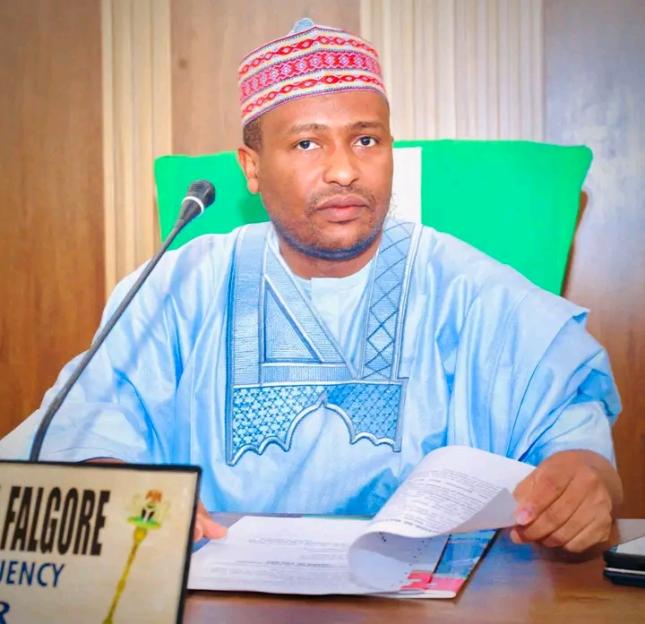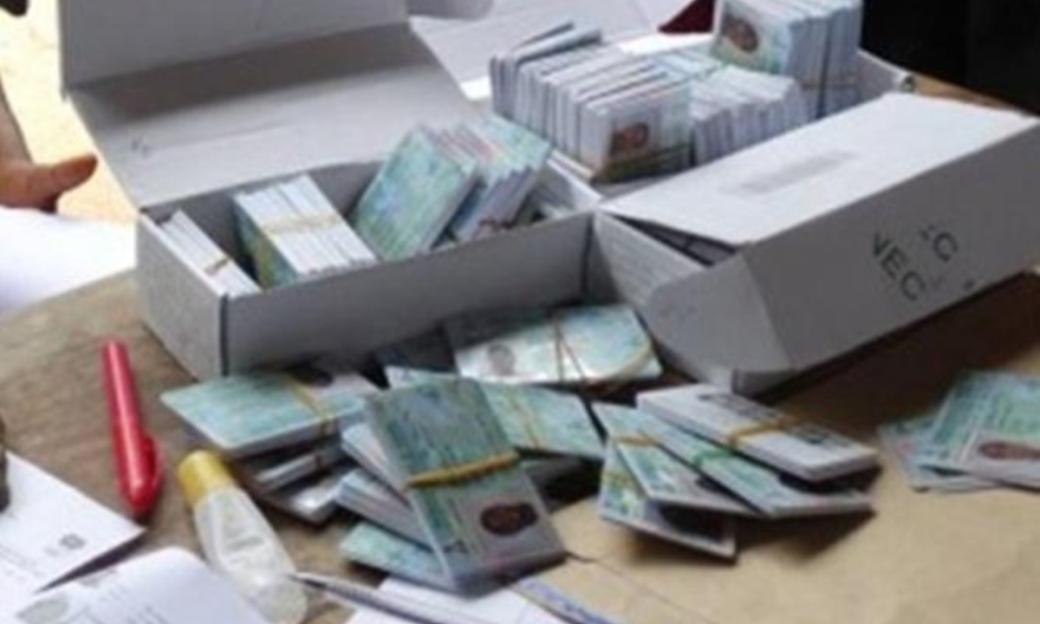Table of Contents
- Political Observers' Views
- INEC's Criticism
- Premature Campaigns
- Electoral Act Regulations
- Recommendations from Prof. Jega
- Need for Civic Education
- National Assembly Proposal
Political analysts and stakeholders have expressed their concerns regarding the Independent National Electoral Commission (INEC) and its inability to regulate the activities of political parties in the country.
There is a widespread belief that laws and regulations are often disregarded, with institutions in the country either showing weakness or choosing to ignore their enforcement duties.
INEC’s handling of the excesses of political parties, particularly the ruling party, has faced significant criticism.
At a recent roundtable organized by the electoral body to discuss potential solutions to these challenges, especially the issue of premature election campaigns, it became evident to the electorate that INEC has limited authority in addressing some of these concerns.
The ruling party has been identified as the primary offender regarding this issue, as evidenced by the sight of large billboards across Abuja featuring President Bola Tinubu alongside his wife, Remi, with a conspicuous message: “Grassroots Support for Tinubu 2027.”
This essentially signaled the President’s intention for a second term, three years before the next election.
However, it's argued that the President or any other aspirant may not have personally initiated these campaigns; it could have been third parties acting independently to gain recognition or favors.
Moreover, there is a possibility that political opponents could launch premature campaigns to portray the aspirant as violating regulations.
Another concern is the failure of advertising regulatory agencies to ask pertinent questions before approving such billboards or to promptly remove them if they lack approval.
DAILY POST reports that additional billboards stating “Tinubu Continuity 2027,” often alongside Governor Umar Namadi and others, have been erected on major roads and public spaces nationwide.
In addition, social media platforms like Facebook, X, TikTok, Instagram, and YouTube have been inundated with various campaigns, including songs, skits, and hashtags promoting specific aspirants.
Following INEC’s earlier warnings regarding the reckless disregard for the laws, the Presidency denied any involvement in sponsoring or endorsing the campaign materials.
They also requested the immediate removal of the campaign materials, but this demand went unheeded.
DAILY POST further reports that aspirants and their supporters seize every opportunity to campaign during cultural festivals, book launches, project flag-offs, religious events, and other gatherings.
According to Section 94(1) of the Electoral Act 2022: “For the purpose of this Act, the period of campaigning in public by every political party shall commence 150 days before polling day and end 24 hours prior to that day.”
Speaking at the Abuja roundtable, the outgoing Chairman of INEC, Mahmood Yakubu, highlighted several challenges and loopholes in the law that politicians are exploiting.
“INEC, as the registrar and regulator of political parties, [is expected] to act against blatant violations of the law regarding early campaigns. However, the main challenge for the Commission is the law itself. Section 94(2) of the Electoral Act 2022 imposes mild sanctions (a maximum of N500,000 on conviction) on any political party or person acting on its behalf who engages in campaigns 24 hours before polling day. However, there are no penalties for campaigns conducted earlier than 150 days before an election. This is where the Commission faces difficulties in managing early campaigns by political parties, prospective candidates, and their supporters,” Mahmood Yakubu stated.
Analysts have also raised concerns about another portion of the Electoral Act, Section 92(4), which asserts that “No registered political party in Nigeria, its aspirants, or candidates shall be prevented from holding rallies, processions, or meetings at any time for their constitutional political purposes, and the Police shall, in a consultative manner, resolve any conflict of time and venue among parties where such arises.”
While this provision benefits politicians, there is a call for a clearer regulatory framework that delineates what constitutes premature or early campaigning to eliminate ambiguities that create loopholes.
Former INEC Chairman, Prof. Attahiru Jega, in a recent presentation, suggested that all election campaign offenses, particularly those related to premature campaigning, should be clearly defined, with strict penalties outlined and enforced where applicable.
He also emphasized that all candidates and their parties, especially incumbent officeholders and their political parties, should be held vicariously responsible and penalized for premature campaigns initiated by third parties. The EFCC and ICPC should pay special attention to third-party campaigners and thoroughly investigate their funding sources.
Professor Jega remarked that when assessing whether candidates’ and parties’ expenditures fall within the approved limits, the estimated or determined expenditure by a third-party campaigner for the candidate or party should be factored in.
He urged that Election Management Bodies, such as INEC and the State Independent Electoral Commissions, must collaborate effectively to ensure the appropriate imposition of sanctions and penalties when necessary.
In making further recommendations, Jega called for the establishment of an Elections Offences Commission and Tribunal, stating that this has become increasingly urgent and should be prioritized in the next round of electoral reforms ahead of the 2027 elections.
In an interview with DAILY POST regarding premature election campaigns, the Convener of Situation Room and former Country Director of ActionAid Nigeria, Mrs. Ene Obi, expressed her disappointment that laws, rules, and regulations are not adhered to in Nigeria.
“While there are officials in charge of election matters who have addressed these issues, what does the Constitution stipulate? What is the timeline for the election itself?
“Some individuals have begun displaying posters, while others claim that these posters are put up by third parties without their knowledge. You hear denials and other excuses.
“I believe we have a problem with the rule of law. We struggle with obeying the law. INEC has yet to announce the timetable.
“So, is it premature? Or is it not? Because INEC has the authority to hold them accountable. What are the laws?
“What should occur between elections is a period for the government to demonstrate its actions, or for the ruling party or leaders to prove their worth






